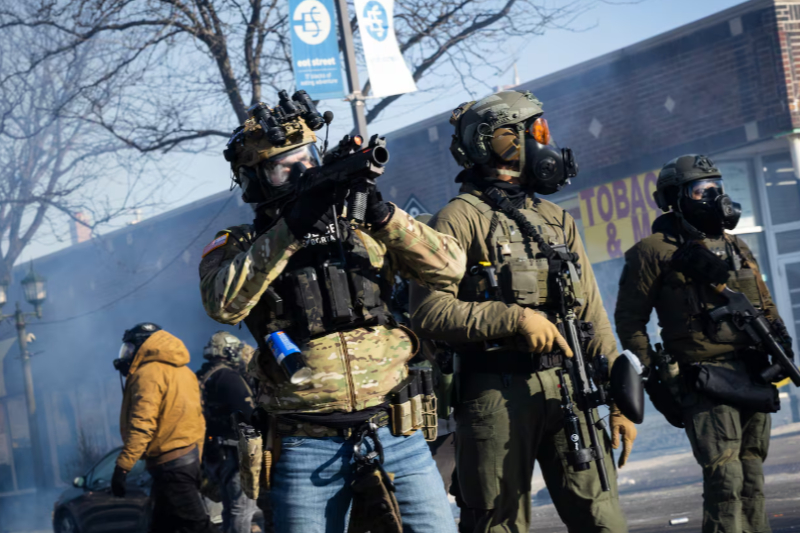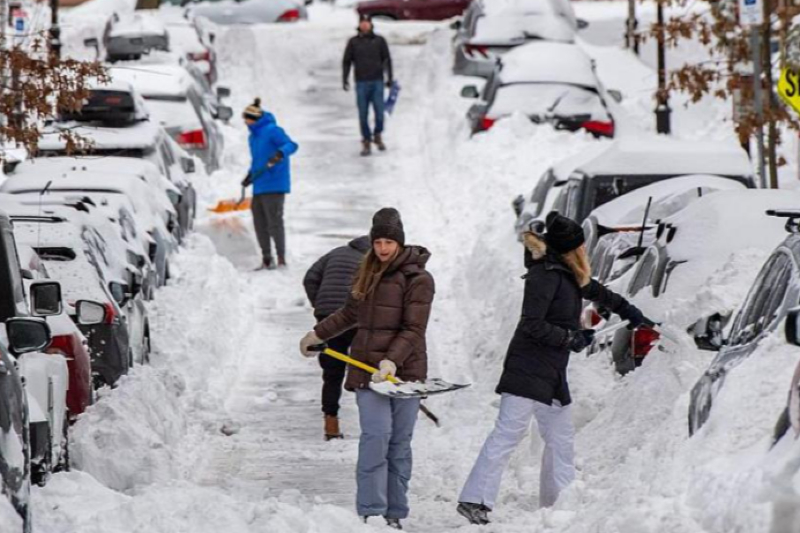Israel Approves Plan to Seize and Hold Gaza

Israel’s security cabinet has approved a new military plan to seize and hold parts of Gaza in a bid to defeat Hamas and secure the release of remaining hostages.
The decision, backed unanimously by ministers, was based on a proposal by Israeli military chief Lt Gen Eyal Zamir and includes an expansion of operations and the creation of a buffer zone.
Prime Minister Benjamin Netanyahu described the operation as "forceful," stating it would involve keeping troops in Gaza rather than short-term raids.
He added that Gaza's civilian population, numbering over 2 million, would be relocated southward “for their protection.”
The plan also includes restricting Hamas from controlling humanitarian aid. Instead, aid deliveries are expected to resume via private companies, under military supervision.
However, the UN and other humanitarian groups have rejected this approach, calling it a breach of international principles and a tactic to pressure civilians.
The Humanitarian Country Team warned that shifting aid distribution to Israeli-controlled hubs risks worsening displacement and endangering civilians and aid workers.
Israel’s far-right Finance Minister Bezalel Smotrich declared that the country was moving toward a full occupation of Gaza.
Though Israel withdrew from Gaza in 2005, the UN still considers it occupied due to Israel’s control over borders, airspace, and coastal waters.
The plan will not be implemented until after U.S. President Donald Trump’s expected visit in mid-May, offering a temporary window for renewed ceasefire talks.
Meanwhile, tens of thousands of reservists are being mobilized as the military prepares to expand its ground operations and target Hamas infrastructure.
Despite intense military pressure, families of the 59 remaining hostages—of whom around 24 are believed to be alive—criticized the government for prioritizing territorial control over their safe return. A public forum representing the hostages’ families condemned the move as being out of touch with popular sentiment.
Palestinians in northern Gaza, many already displaced multiple times, say they will resist further relocation.
Residents described previous "safe zones" in the south as uninhabitable and vowed not to leave again, despite Israeli warnings.
Since Israel resumed its offensive on March 18, over 2,400 Palestinians have been killed, bringing the total death toll in Gaza to more than 52,500, according to the Hamas-run health ministry. Israel launched its campaign following the October 7, 2023, Hamas attack that killed about 1,200 people and led to 251 hostages being taken.
The European Union has urged Israel to show restraint, warning that expanded operations could worsen the humanitarian crisis.
Aid agencies report severe shortages of food, medicine, and clean water, as Gaza’s infrastructure nears total collapse under a blockade imposed since early March.












